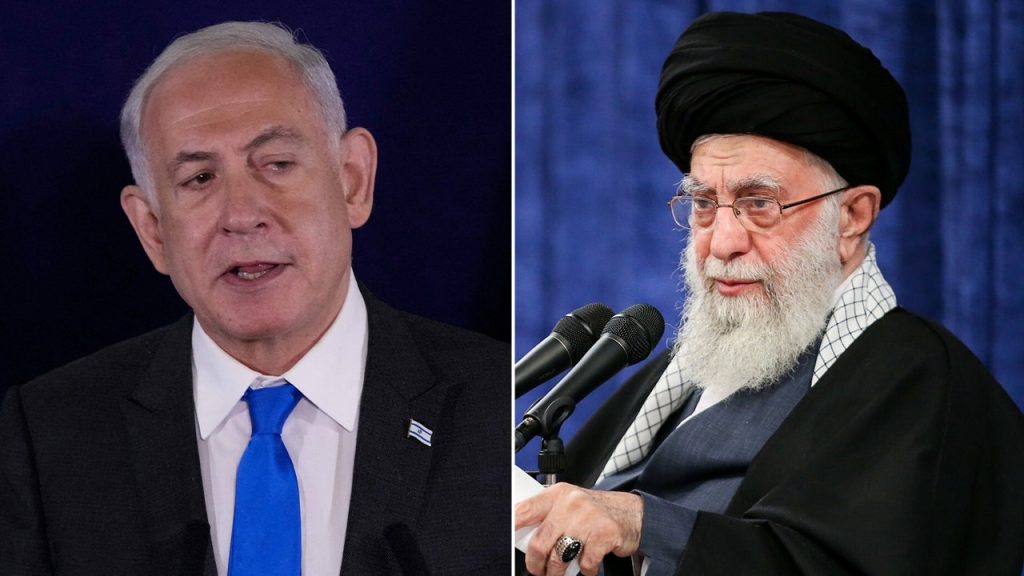Tensions between Iran and Israel have heightened following a strike on the Iranian consulate in Damascus. The Israeli Defense Forces (IDF) have canceled leave for troops and are prepared for any scenario involving potential retaliation from Tehran. Retired Brig. Gen. Amir Avivi emphasized that Israel has been dealing with Iran on multiple fronts and is in full readiness. While Israel has not claimed responsibility for the missile strike that killed a senior Iranian commander, they have made operational changes and bolstered air defense systems along the northern border. Iran has tried to link both the U.S. and Israel to the attack, but the U.S. has denied any involvement while indirectly hinting at Israeli responsibility.
Iran has vowed revenge for the consulate attack, with Ayatollah Ali Khamenei warning of a “slap in the face” for Israel. Concerns have arisen among U.S. military commanders that the strike could lead to renewed attacks on American bases. Retaliation from Iran is likely to occur through proxy militias targeting diplomatic targets outside of Israel, similar to the attack in Damascus. There are worries that Iran will use diplomatic cover for military operations in the region, potentially leading to broader conflict. While Russia sought U.N. condemnation of the attack, major powers like the U.S., Britain, and France blocked the resolution due to unclear facts surrounding the incident.
The use of diplomatic facilities by Iran for military and terrorist activities has raised concerns about the protection and role of diplomatic personnel. Iran has a history of using embassies and diplomatic cover for its operations, which may now be under scrutiny. The U.N. has condemned the attack on Iran’s diplomatic premises, emphasizing the inviolability of such premises and calling for the parties involved to exercise restraint and avoid escalation. The U.S. and its allies blocked a U.N. Security Council resolution condemning the attack, indicating a lack of consensus due to unclear information.
While Iran seeks to rally international support in condemning Israel for the attack, major powers are cautious about further regional escalation. The situation in the Middle East is already volatile, with devastating consequences for civilians in conflict-affected areas. Any miscalculation or escalation could lead to broader conflict, prompting calls for restraint and adherence to international law. It remains to be seen how the situation between Iran and Israel will unfold, as tensions continue to simmer and potential retaliation looms over the region.


